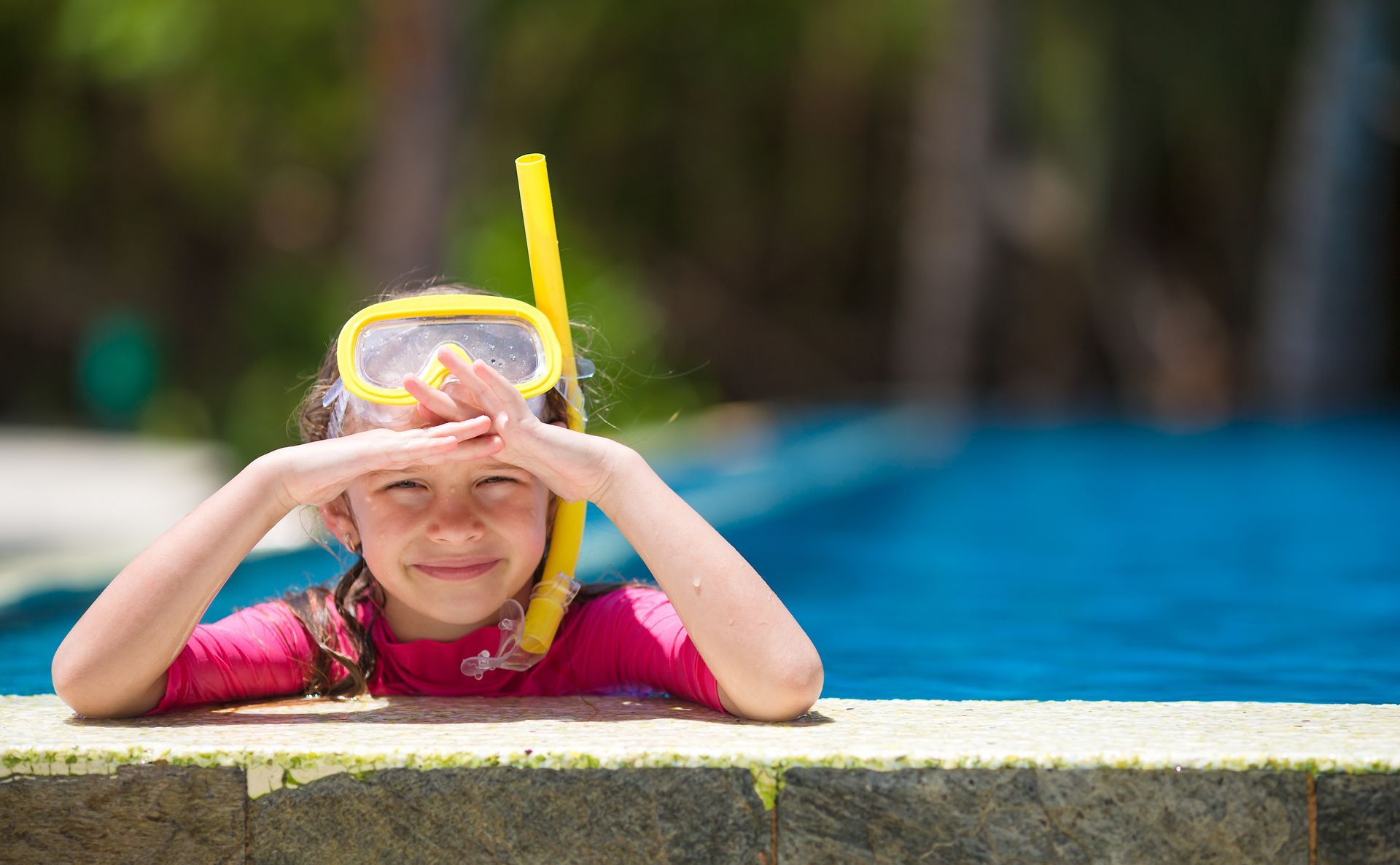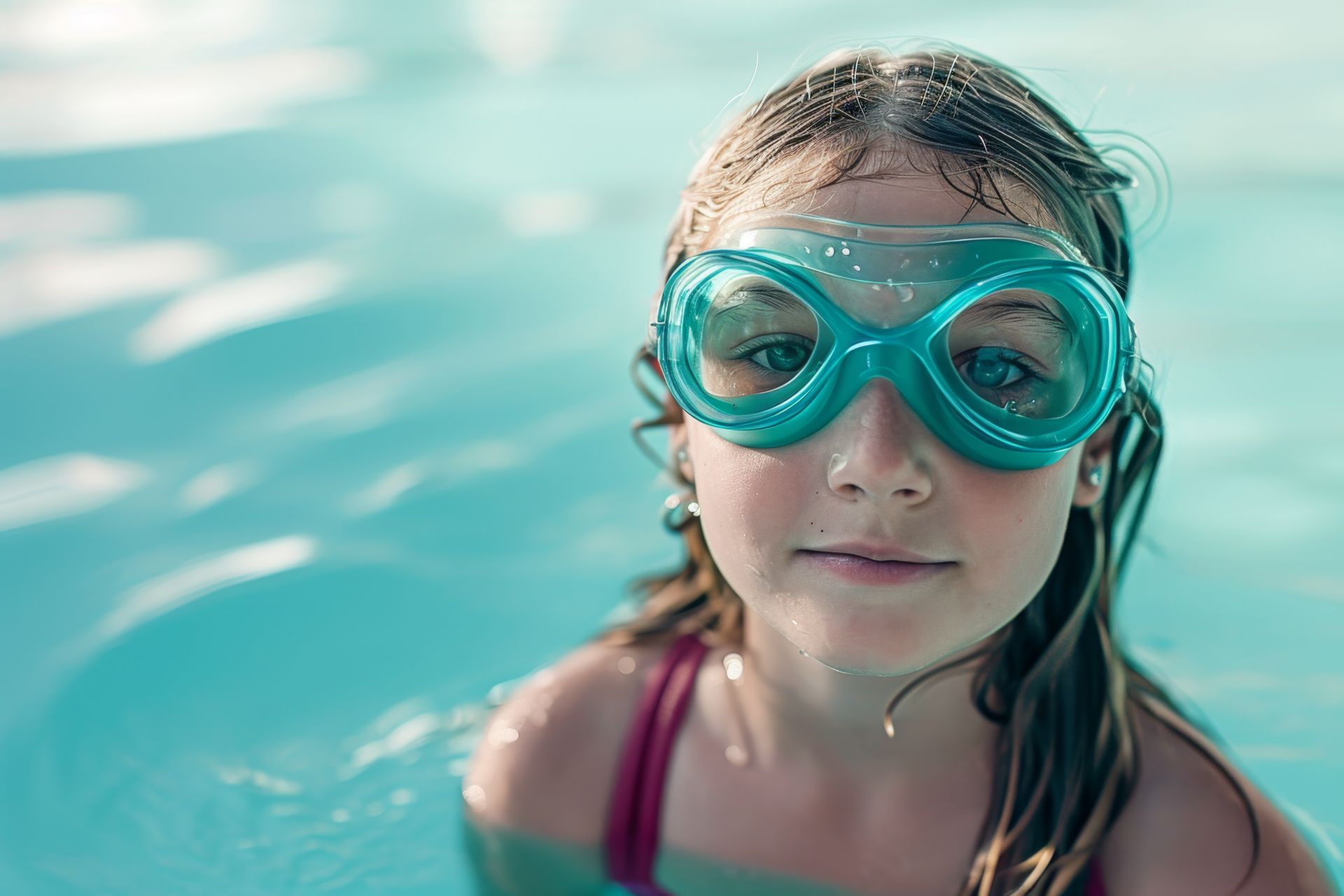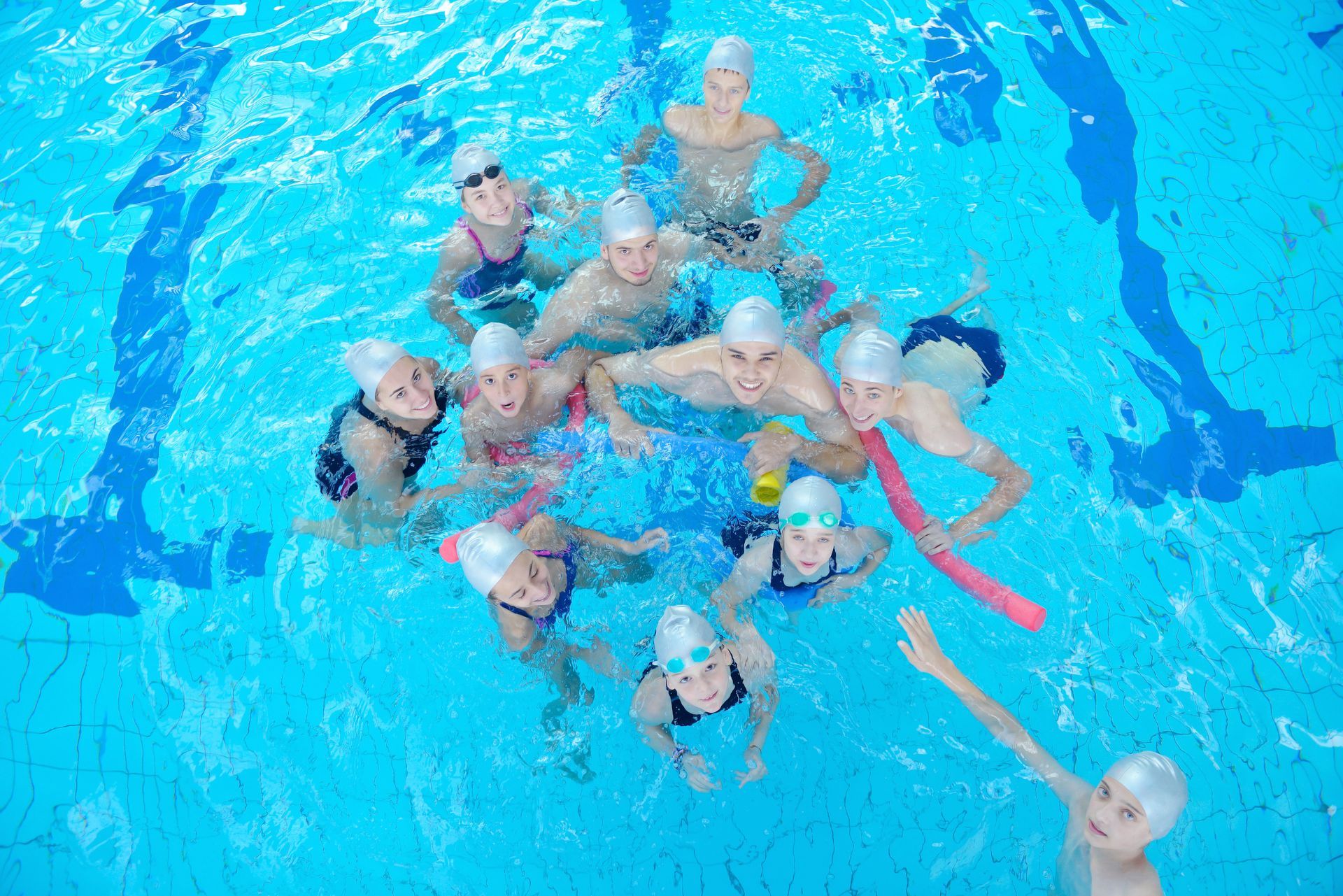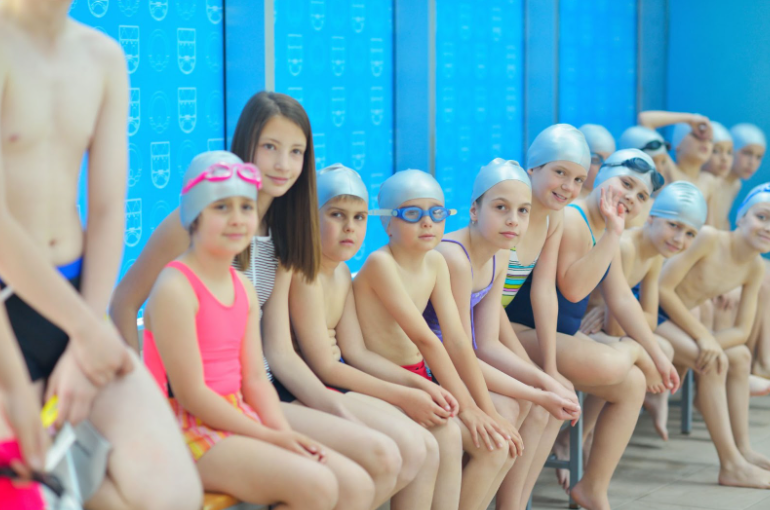How Swimming Lessons Improve Your Water Sport Performance
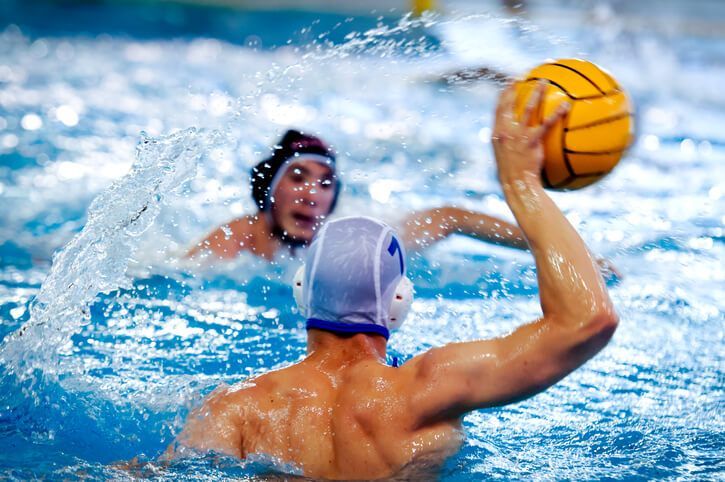
Swimming is an excellent form of exercise. At least, it is when done properly. Most of us learn the basics of how to swim in our childhood. The problem is, once we develop the ability to tread water, stay afloat, and go from one side of the pool to the other, we tend to leave it at that, neglecting further training that could increase our proficiency.
Just as children riding a bike differ in technique from Tour de France athletes, there’s a measurable difference in the way beginner swimmers and those with higher proficiency perform in the water. With the right technique, a swimmer can go farther faster and burn more calories while expending less effort. Perhaps most importantly, a more experienced swimmer has more fun in the water and swims with more confidence.
So how can you become a more proficient swimmer? The same way you probably learned how to swim in the first place: learn from someone more practiced than yourself. Swimming lessons aren’t just for those still learning the doggy paddle. At any level of proficiency, swimming training can help you sand off the edges of your technique and make you a more capable swimmer.
Still not convinced? Here are five ways swimming training can benefit you in your swimming workouts.
Photo Credit: Pinosub
Speed
Those who are competition-bound will be happy to know that improvements in technique can drastically increase your swimming speed. A good portion of your speed is based not on sheer strength or endurance, but on how much resistance you have to fight against in the water. Swimming techniques were designed specifically to reduce drag and maximize the productivity of each stroke.
By taking lessons and working on your technique, you can improve your ability to minimize resistance, thereby allowing the strength and endurance you have to take you farther while conserving energy.
Efficiency
There’s a significant difference in the efficiency of swim techniques between those with refined techniques and those with beginner-level proficiency. For one, untrained swimmers use twice as much oxygen than trained and elite swimmers when performing the same stroke. A better stroke also produces more propulsion per stroke than one that’s less refined.
In other words, for those who are less proficient swimmers, there’s a lot more splashing and a lot more panting, but a lot less actual swimming. This can be problematic for a number of reasons, not the least of which is the discouragement that comes with putting a great deal of effort into moving a comparatively short distance.
Safety
One of the most important reasons to learn to swim (and to learn to swim better) is for safety. If you fall out of a boat while on a lake, a river, or out in open water, it’s important to have the skills necessary to survive long enough to be rescued or to swim to shore. If swimming to shore seems a bit far-fetched, it’s important to keep in mind that people have been swimming distances as long as the English Channel (about 21 miles) since the late 1800s.
While we’re not saying that everyone should have the conditioning to swim three-fourths of a marathon, not all of that feat is accomplished by swimming conditioning alone. As mentioned above, a great deal of it has to do with the speed and efficiency of the stroke used. In other words, you can do a lot to improve your odds of survival without having to hit the pool every day.
Confidence
One of the most important reasons to swim is because of the joy of the sport. Swimming can be a great deal of fun, an incredible stress reliever, and an excellent social activity, but it’s difficult to achieve that if you’re too focused on how hard you have to work at it, or worse yet, how unskilled you think you look compared to others.
It doesn’t have to be all drudgery and dread. With a little training, your swimming workouts can be full of confident exertion, keeping pace with (or even setting the pace of) those you swim with.
Better Exercise
At this point it may go without saying, but it bears mentioning anyway. With the proper technique, your swimming will be better exercise than before. While it’s true that the proper swimming training and conditioning helps your swimming be more efficient by spending less energy to move around in the water, it also allows you to move farther without getting winded so easily, prompting you to work out for longer than you would otherwise.
By increasing your speed, your efficiency, and how much fun you’re having when you swim, you’ll become more willing to push yourself and try harder, rather than waiting for the moment you can quit and hit the showers. That results are more calories burned, and better swimming workouts overall.
Swim lessons can do so much to improve your swim and your enjoyment of it. You have much to gain from a little training, and virtually nothing to lose. So consider continuing your swimming training, and get started with swim lessons at SwimJim, where we can help you make the most of your water-based workouts.
The post How Swimming Lessons Improve Your Water Sport Performance appeared first on Swim Jim.
